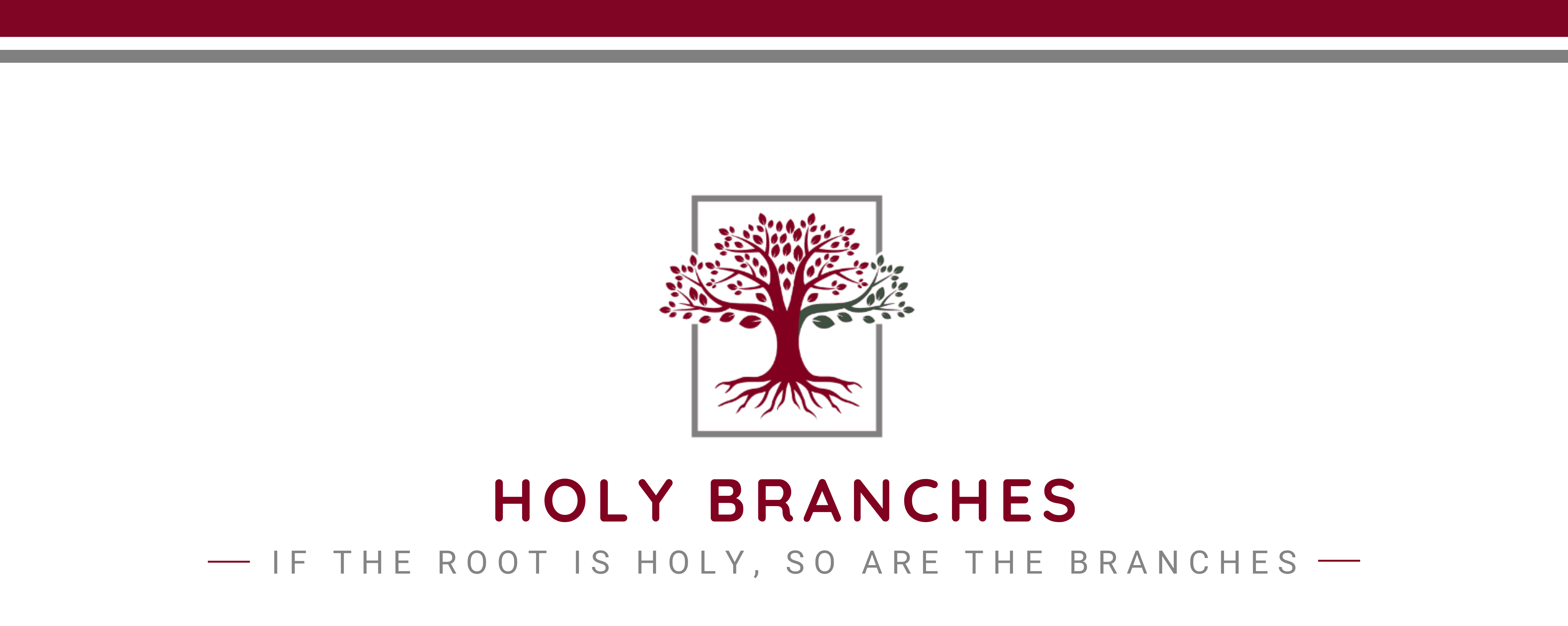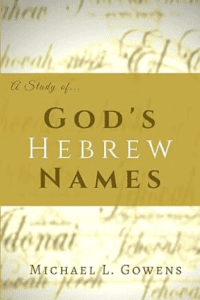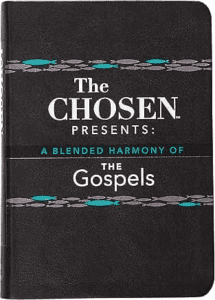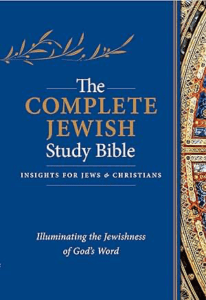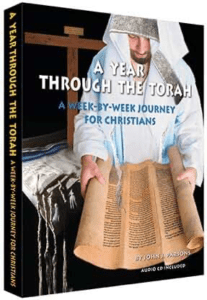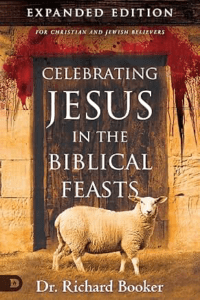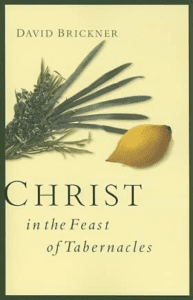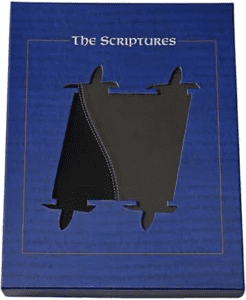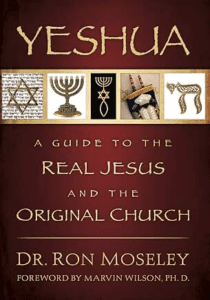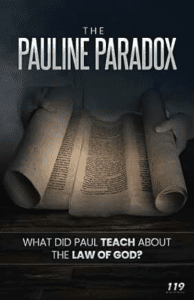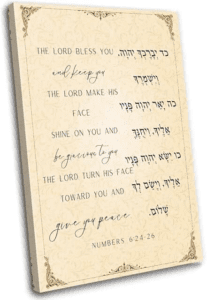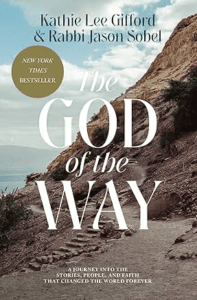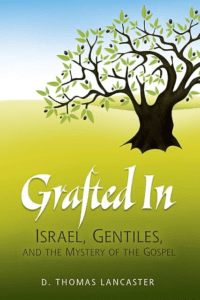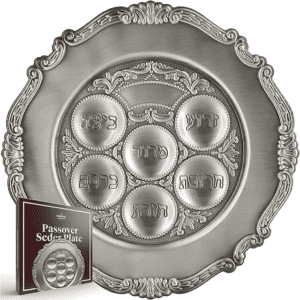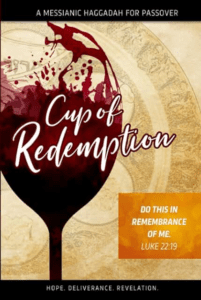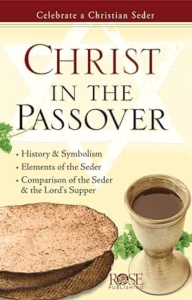Artzabox: Gifts from the Holy Land!

Do you love the Land of Israel? Know someone else who does? Artzabox brings the Holy Land to you through its unique and authentic items shipped to your door.
Although the contents of the boxes change quarterly, they each include an item for the soul, an item to inspire, one to learn, one to taste, one to share, one for the body, one to cook, and one to cherish.
Artza is Hebrew for “towards the land”. Their name is inspired by Genesis 12:3-5:
“I will bless those who bless you… and all the families of the earth shall be blessed through you…
and they went out towards the land“.
A different location in the Holy Land is featured each quarter. The current box is filled with items from Galilee, the region where Jesus started and spent much of his ministry. Next quarter will bring items from the Judean Desert. I can’t wait to see what interesting items will be in that one!

Galilee is a place rich with Biblical history. Mentioned 68-72 times in the Bible (depending on translation), Galilee was part of the Roman Empire in Jesus’s time. Nazareth, one of the main cities in Galilee, was the place of Jesus’s birth, as prophesied by Isaiah. Cana, where Jesus turned water into wine at a wedding, is in Galilee. Galilee was also where his disciples resided as well as where Jesus delivered the Sermon on the Mount!
Ordering Your Artzabox
There are two options when ordering from Artzabox. All boxes include food crafts, and other unique Holy Land items. Premium boxes include the same unique items and extra hand-crafted gift items as well. In the Galilee box, this was the Natural Galilean Mosaic Stones described below.
Both annual and per-quarter subscriptions are available. Right now, the annual subscription comes with the added benefit of a free Jerusalem box!
Shipped in a compact and attractive box perfect for gifting, Artzabox artfully displays the name of the area the items came from on the outside – Galilee in this case. It also says in Hebrew “משלוח מארץ הקודש”, which means “Delivery from the Holy Land”.
All items are well packaged for safe arrival to their destination. You won’t have to worry about sending damaged or unattractive gifts.
Use coupon code HEBREW20 to receive a 20% discount
on your Artzabox subscription!
Here are the items I received in the Galilee box:
Jigsaw Puzzle with Natural Galilean Stones *Included for premium subscribers*

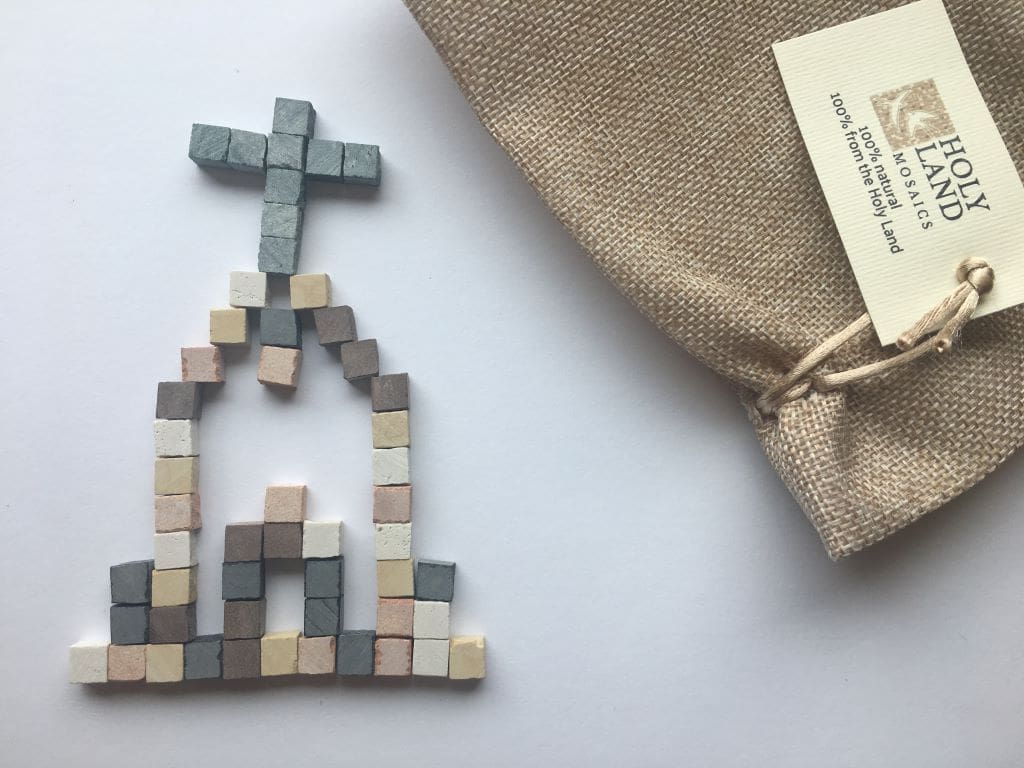
From Holy Land Mosaics, this collection of cubes is made from 7 types of natural and native stone – the same as those used in the mosaics found in churches of Jesus’s time! These beautiful stones can be used to create mosaics pictured on the included puzzle cards or for your own creative designs.
My family enjoyed creating different creations with these stones and I’m sure yours will too. With over 50 stones, the possibilities are endless!
Extra Hopeful Olive Oil
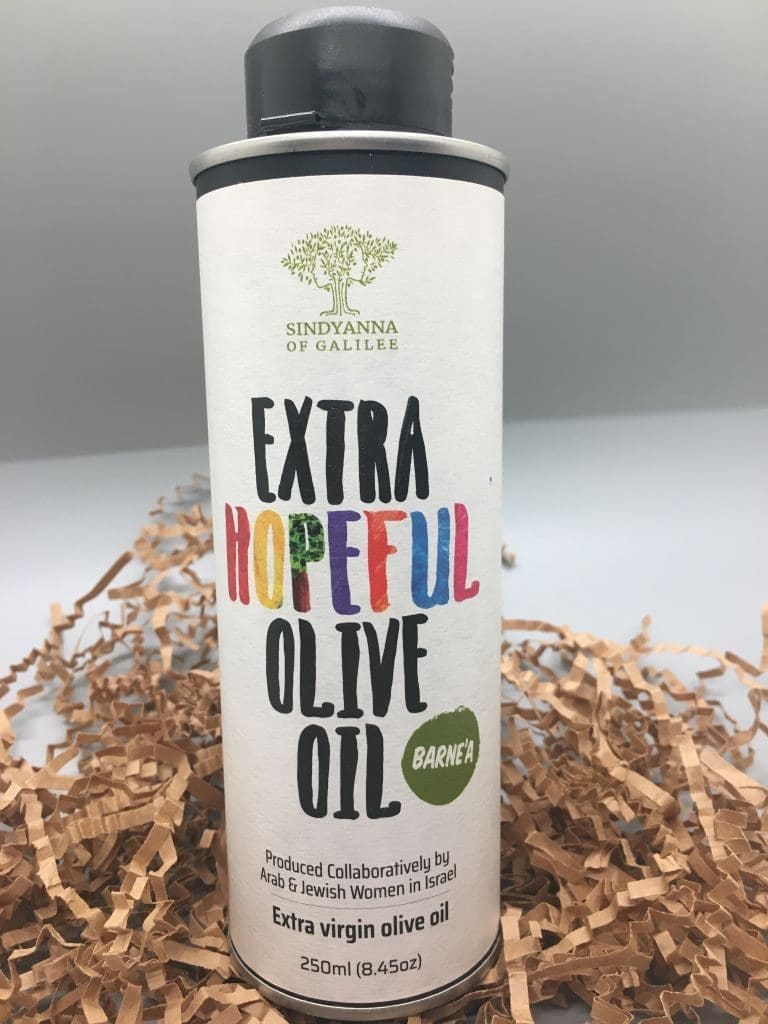
Produced in the city of Cana, this smooth and flavorful oil goes well with your favorite crusty bread, on salads, or in any recipe that calls for olive oil. It was perfect to use with the hummus recipe and seasoning that came in this box (see below)! This oil is the winner of numerous awards and is quite versatile for use in the kitchen. It pours slowly and has an earthy flavor and aroma.
But what makes it “extra hopeful”, you ask? That brings us to the most exciting thing about this olive oil. It’s produced in Israel by both Arab and Jewish women. In a culture where Arabs and Jews are often at odds, this company – Sindyanna of Galilee – peacefully brings the two together to create something wonderful.
Although a lot of olive oil is produced in Israel, Sindyanna of Galilee is the only certified Fair-Trade producer there. This ensures those involved in the oil production receive a fair price and that the employees are treated fairly as well.

Tzuf Chocolate Spread
This delectable sesame and hazelnut spread is a sweet and creamy addition to breads, crackers, matzah, etc. Use your imagination! It does taste sweet but doesn’t contain sugar. It’s sweetened with nectar from the coconut flower which adds a wonderfully complex flavor.
It’s also natural, with no artificial colors or preservatives and is vegan and kosher. It is gluten-free and made in a gluten-free environment as well.
Hand-made Ceramic Bowl
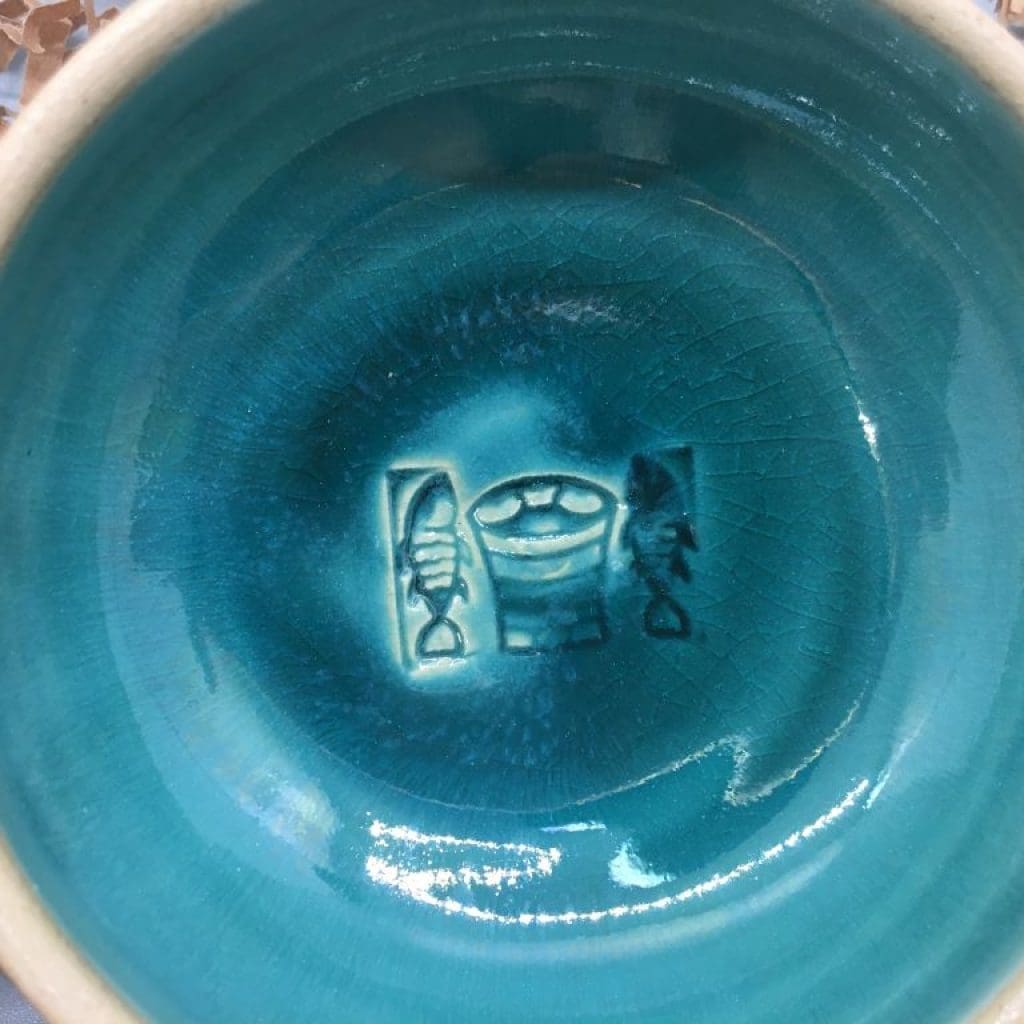
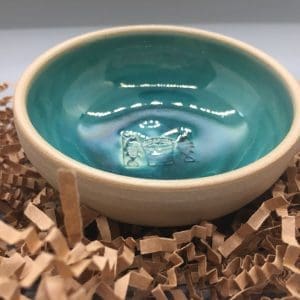
This bowl makes a unique gift! The design inside is a basket with two fish, inspired by the story of the loaves and fishes in each of the four Gospels. The colors are reminiscent of the Sea of Galilee and the style similar to that of ancient mosaics in the area.
Measuring just under 4 inches in diameter and stands 1.5 inches high, it’s ideal for serving dips or to store trinkets or jewelry.
The artist, Itamar Even, is the son of one of a famous ceramicist in Israel and hand-crafted this custom design just for Artzabox!
Hand-dipped Safed Candles

These beautiful candles are made in the ancient and mountainous city of Safed (Tzfat in Hebrew). Safed is one of the most well-known candlemakers in Israel.
Perfect for festive occasions, these will make a wonderful addition to any table. The colors fade into one another – purple to blue to light green to turquoise. They burn for around five hours with a clear, bright flame. Measurements: 7.5″ x 7/8″.
Jesus’s Footsteps Card Game

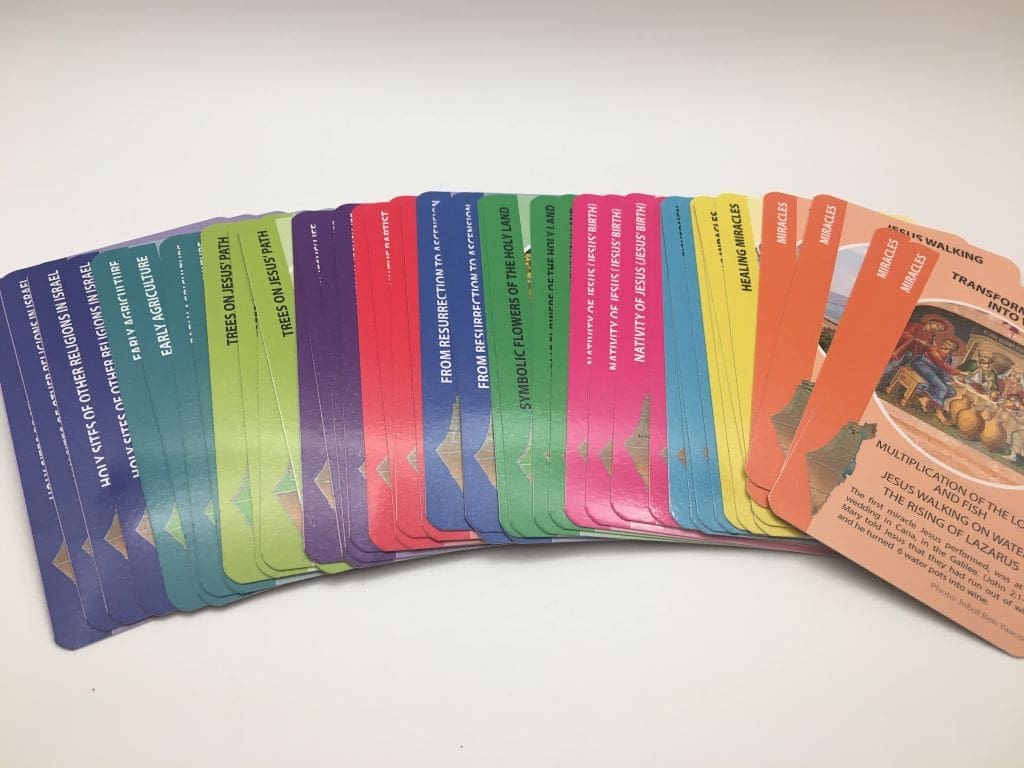
My children really enjoy this simple game with an educational twist. This card game is made by Grandpa’s Footsteps and Family Nature Games in Galilee.
With gameplay similar to that of “Go Fish”, both kids and adults alike can participate. But unlike a regular deck of cards, these depict stories from the Bible as well as significant places in the Holy Land. The card “families” include Miracles, Nativity of Jesus’s Birth, Symbolic Flowers of the Holy Land, and more! Each card is different and features a picture an a description, including a Biblical reference.
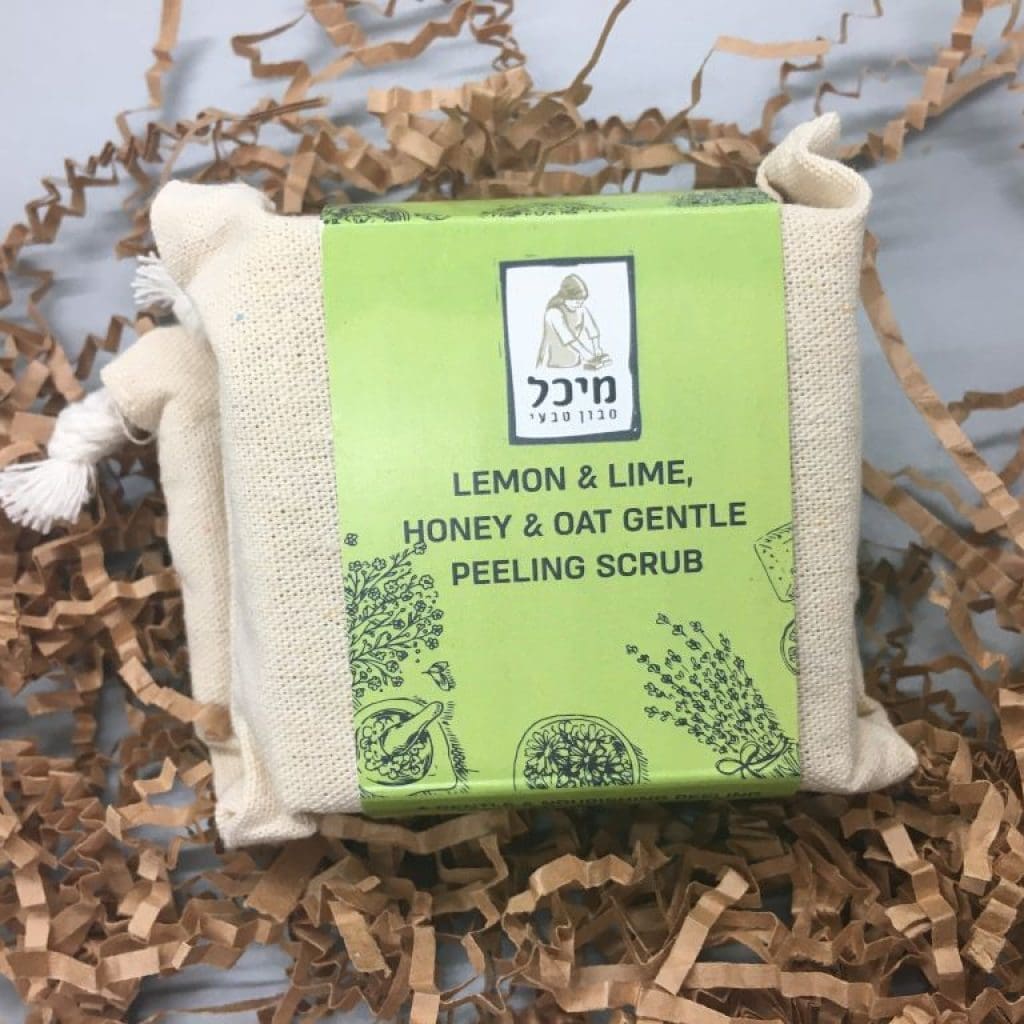
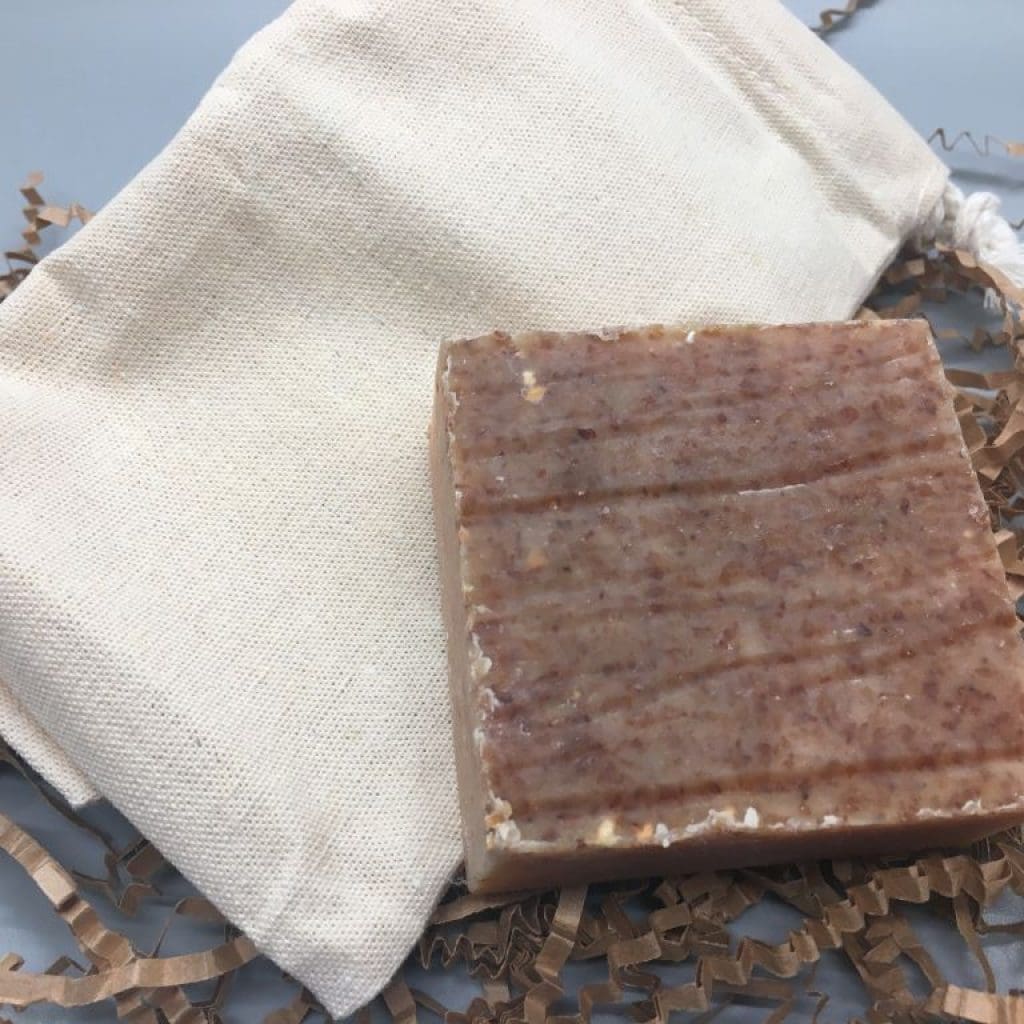
Lemon-lime Body Scrub
This luxurious scrub comes in a convenient bar form and you’ll notice right away that it smells SO good! It’s a low-sudsing scrub with a gentle oat exfoliant. Honey and olea europa (olive) fruit oil give it emollient properties to make your skin noticeably soft.
Michal Soaps is a popular company in Galilee, making cosmetics by hand using all-natural ingredients.


Hummus Seasoning
My family loves hummus but I find it to be bland. I like more flavor in it. This seasoning brings just that! I followed the recipe that came in the box (using the Extra Hopeful Olive Oil) and it was delicious! This seasoning was the perfect addition.
This seasoning blend is another custom-made product unique to Artzabox. Made by The Spice Road Farm in Bethlehem of Galilee, where kosher spices and blends of many kinds are expertly prepared.

Postcards
Two postcards from the region fo Galilee are also included. The pictures on them are gorgeous and the back contains information about the place in the picture, as well as a relevant verse. The Mount of Beatitudes and the Ancient Galilee Boat are featured in this box.
Do you love Israel?
Use coupon code Hebrew20 for a 20% discount on your order!
Need a gift for someone who does?
Experience the Holy Land without leaving home with Artzabox.
Click here to find yours!
